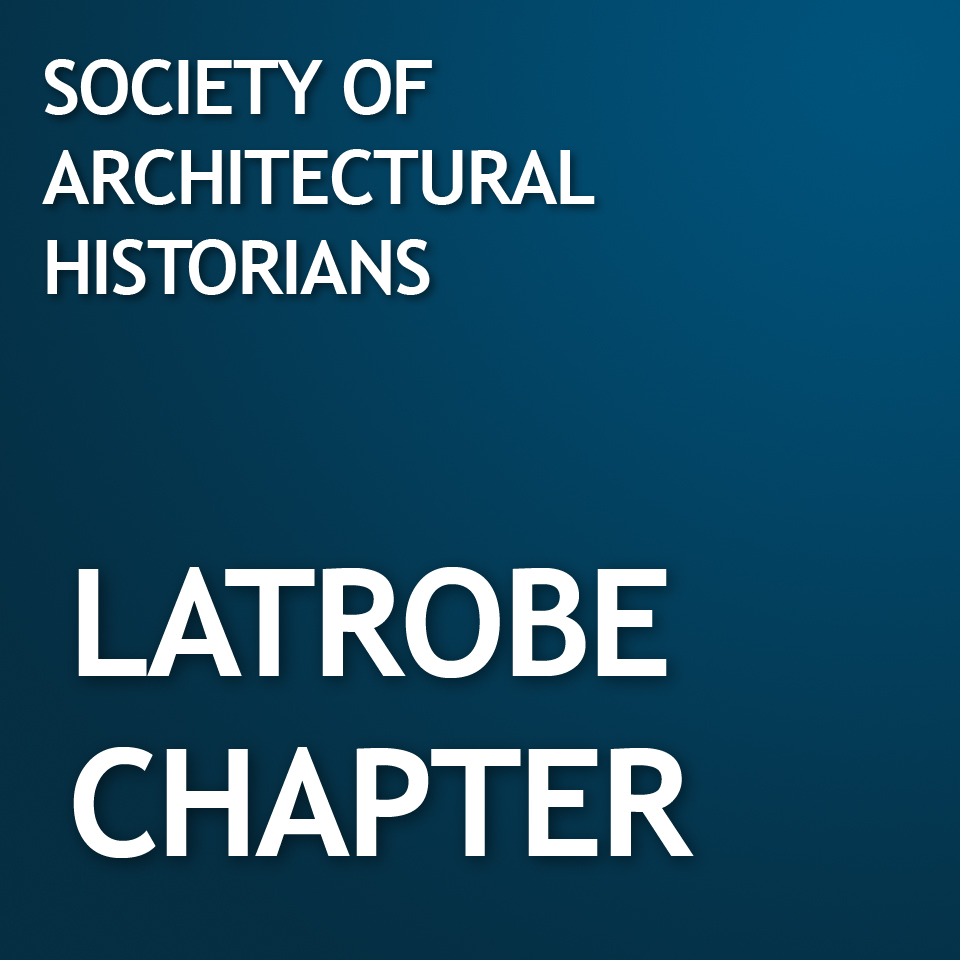We are pleased to be offering both in-person and virtual attendance options for this event! Please see below for details to join either venue, both offered at no cost.
From early in his career, J. Max Bond, Jr. brought the Civil Rights Movement to bear on architecture, insisting that modernism live up to its promise to build a better world. Exemplary of this effort was the first completed work of Bond Ryder Associates, the Neigh Dormitory (1968-70) at Mary Holmes College in West Point, Mississippi. This talk will offer a close reading of this overlooked project in the context of Bond’s own experiences of modern architecture as an African American; Mississippi in the 1960s; and the students who made this dorm their home. In doing so, it contends that here Bond Ryder shaped a liberatory modernism focused not just on equality for the dorm’s Black residents but also on their freedom amid ongoing racial violence. “Modernism as Liberation: Max Bond in Mississippi” will provide a novel perspective on the role that architecture played as a force for racial equality and, in turn, that the Civil Rights Movement played in shaping architectural modernism. While modern architecture had caused much harm by midcentury, this dorm’s history reveals an unexpected source for the rejuvenation of modernism’s social promise: the long struggle for racial justice.
Brian D. Goldstein is an architectural and urban historian and an associate professor at Swarthmore College. His research focuses on the intersection of the built environment, race and class, and social movements, especially in the United States. His writing includes the book The Roots of Urban Renaissance: Gentrification and the Struggle Over Harlem (Harvard University Press, 2017), winner of the 2020 John Friedmann Book Award from the Association of Collegiate Schools of Planning and the 2019 Lewis Mumford Prize for the Best Book in Planning History. His articles have appeared in the Journal of American History, Buildings & Landscapes, Journal of Urban History, and the edited volumes Affordable Housing in New York; Reassessing Rudolph; and Summer in the City: John Lindsay, New York, and the American Dream. An essay on experiments in architecture and planning pedagogy in Harlem in the late 1960s is in the forthcoming volume Radical Pedagogies. He has received fellowships and awards from the National Endowment for the Humanities, Graham Foundation for Advanced Studies in the Fine Arts, and Society of Architectural Historians. He is currently writing If Architecture Were for People: The Life and Work of J. Max Bond, Jr., under contract with Princeton University Press.
In-Person Attendance
The talk will commence in person at First Congregational UCC, 945 G Street, NW, next door to the Martin Luther King, Jr. Memorial Library. Doors will open at 6:30 PM for casual conversation and socialization. Please come prepared to show proof of complete vaccination against covid. Audience members will also be required to wear a mask for the duration of the event, except when drinking water. Food will not be provided at the lecture to limit covid exposure. No advance registration is required.
Virtual Attendance
This event is free but advance registration is required to participate. After registering, you will receive a confirmation email containing information about joining the lecture. Virtual lecture will begin at 7:00 PM. Please note that this event will not be recorded. TO REGISTER VIA ZOOM, CLICK HERE

